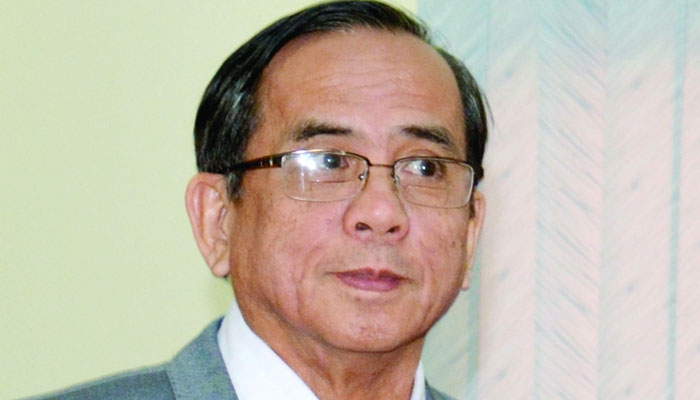By Joey Aguilar
Filipinos who plan to leave the Philippines to apply for work overseas using a tourist visa can face many troubles, a senior official of the Philippine Overseas Labour Office (POLO) in Doha said.
Reiterating the call of the Philippine Overseas Employment Administration (POEA), Labour Attaché Leopoldo De Jesus said overseas Filipino workers (OFWs) especially those without legal work documents issued by the Philippine government can be subject to possible exploitation by some employers.
“Some employers would offer lower salaries and lesser benefits to OFWs who apply for work under tourist visas,” he explained.
So far in Qatar, De Jesus noted that most of the deployed workers have passed through the stringent measures of POEA and had no issues with their employers and sponsors.
“This is not to limit or prevent our compatriots from working abroad but to further protect them from abusive employers,” the senior POLO official stressed.
POEA administrator Hans Leo J Cacdac recently ordered the preventive suspension of a licensed recruitment agency and its foreign counterpart for deploying a household service worker (HSW) to United Arab Emirates without proper documentation as an OFW.
Cacdac visited Doha in February to attend the second Qatar-Philippines Joint Labour Committee meeting which focused on the welfare and protection of OFWs including housemaids in the country.
In a press statement, Cacdac said they filed various administrative and criminal cases against two recruitment agencies upon receiving a memorandum from POLO in Abu Dhabi.
In an affidavit, the HSW narrated that she first applied for domestic work in Jordan but failed the interview.
However, the agency assured the applicant that she can still work in another country. She was told to undergo training and to attend the Pre-Departure Employment Seminar.
After four months, she was deployed using a circuitous route with a tourist visa, without a signed employment contract and was promised to get a monthly salary of 1,200 Dirhams, which is below the government-approved minimum salary for HSWs.
While the demand for Filipino HSWs and professionals in the GCC is high, De Jesus told Filipinos to complete all legal documents needed for employment abroad.
He stressed that one important document is a signed employment contract indicating the salary and benefits the worker will receive.
“An offer letter coming from an employer is not enough, they should ask for a contract,” De Jesus added.

Philippine Labour Attachu00e9 Leopoldo De Jesus.
